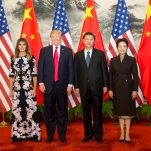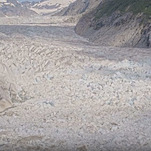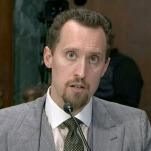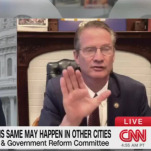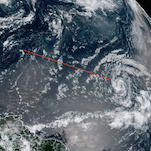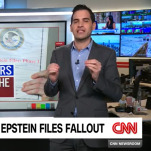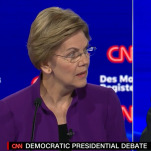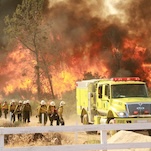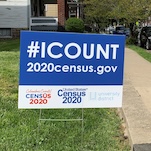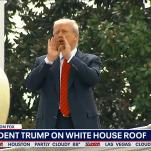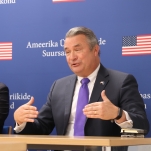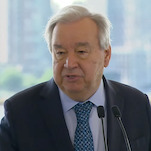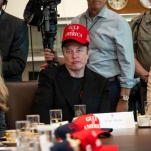The Most Absurd News, or the Newsworthiest Absurdity?
Screenshot via Fox 5 NY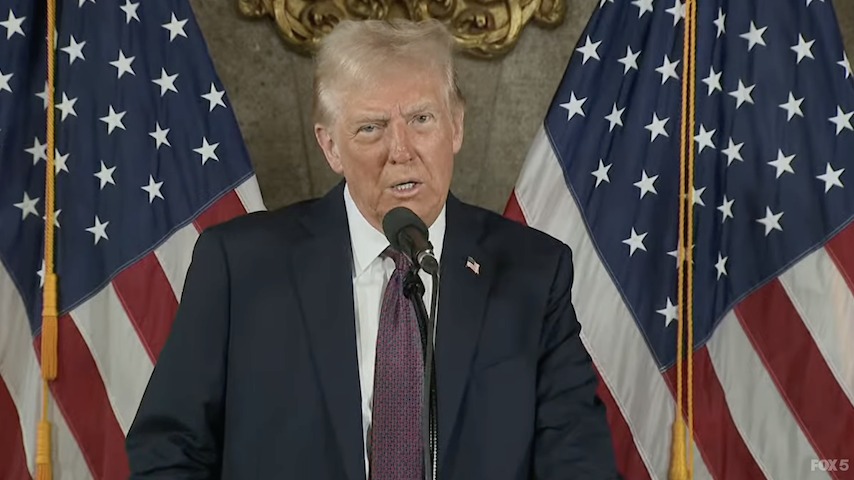
A decade in and there’s still no good way to do this. He is the incoming president, and therefore the things he says are definitively newsworthy. The things he says are also completely ridiculous, often existing somewhere on a continuum between Marx Brothers-level comedy and 8Chan-level malevolence. This is not a realm that anyone — legacy media, other politicians, even social media really — knows how to navigate reasonably, even now.
In a press conference on Tuesday, Donald Trump said the following:
-

-

-

-

-

-

-

-

-

-

-

-

-

-

-

-

-

-

-

-

-

-

-

-

-

-

-

-

-

-

-

-

-

-

-

-

-

-

-

-

-

-

-

-

-

-

-

-

-

-

-

-

-

-

-

-

-

-

-

-

-

-

-

-

-

-

-

-

-

-

-

-

-

-

-

-

-

-

-

-

-

-

-

-

-

-

-

-

-

-

-

-

-

-

-

-

-

-

-

-

-

-

-

-

-

-

-

-











































































